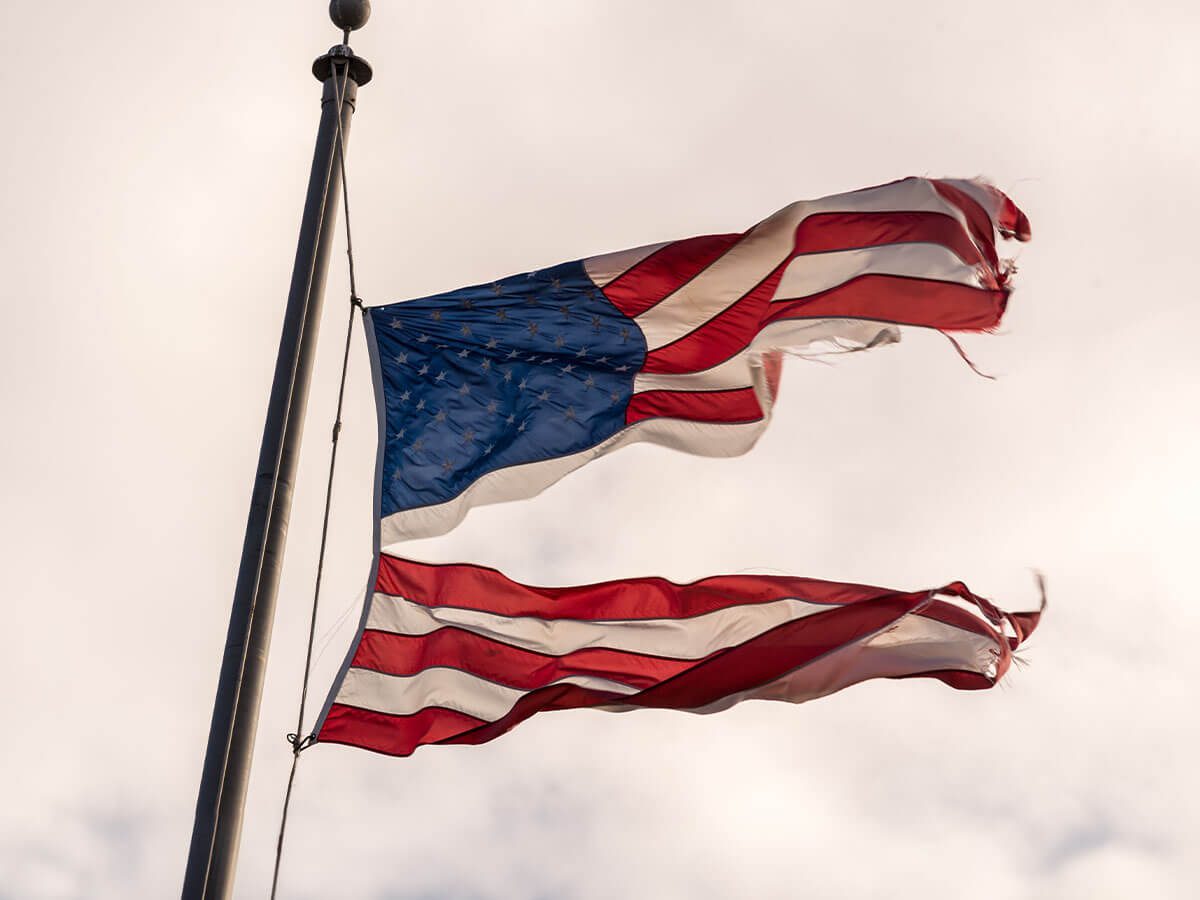
Fox News recently featured a panel of grandparents and parents and they shared a lot of concerns for the current state of the economy and what that means for their children and grandchildren. “They can’t afford the American dream. What we wanted when we were young, it’s not something our kids can afford,” said Pat from Gilroy, California. She is not alone. A recent ABC poll found that only 27 percent of Americans believe the American dream “still holds true.” It’s a precipitous drop from the 50 percent that believed so in 2010. Fifty-two percent stated that the American dream “once held true but doesn’t anymore.” Young adults, 18-29, have the lowest optimism for the American dream, with only 21 percent believing the American dream is achievable.
“Americans are not as optimistic as they used to be. They’re worried that they’re ever going to be able to have the kind of security and long-term satisfaction that my generation had,” El Cajon Mayor Bill Wells told Fox News. “And they should be worried because things are not fair right now, and they’re stacked against people that work hard and try to achieve that American dream.” Wells did, however, leave some room for optimism. “The American dream is like a ‘Rocky’ movie. He’s on the ropes and he’s been beat up pretty bad. But, you know, in most ‘Rocky’ movies, he gets up and comes back and wins in the end. I’m hoping that’s the case,” he said.
Axios reported that most Americans believe the American dream is dying. It pointed to a Wall Street Journal poll which defined the American dream as “if you work hard you’ll get ahead.” Only 36 percent of respondents believed the statement still holds up while 45 percent stated it once held true but no longer. The poll also found that women were more pessimistic than men and that younger people were the most pessimistic. The number of people who believed the American dream was never true had also doubled. A poll of Latinos, however, found that 61percent still believe in the American dream. The analysis showed that a growing wealth gap was the driving force in Americans who believed the American dream was less achievable. The Brookings Institute also pointed at low opportunities for upward mobility, further exacerbating the wealth gap. The Institute noted that more wealth accrued during younger years helped with that mobility, while mobility tended to stagnate at older ages. “Policies should aim to promote wealth accumulation among younger adults, for example through targeted home ownership subsidies, individual development accounts and matched savings plans,” the Institute suggested.


